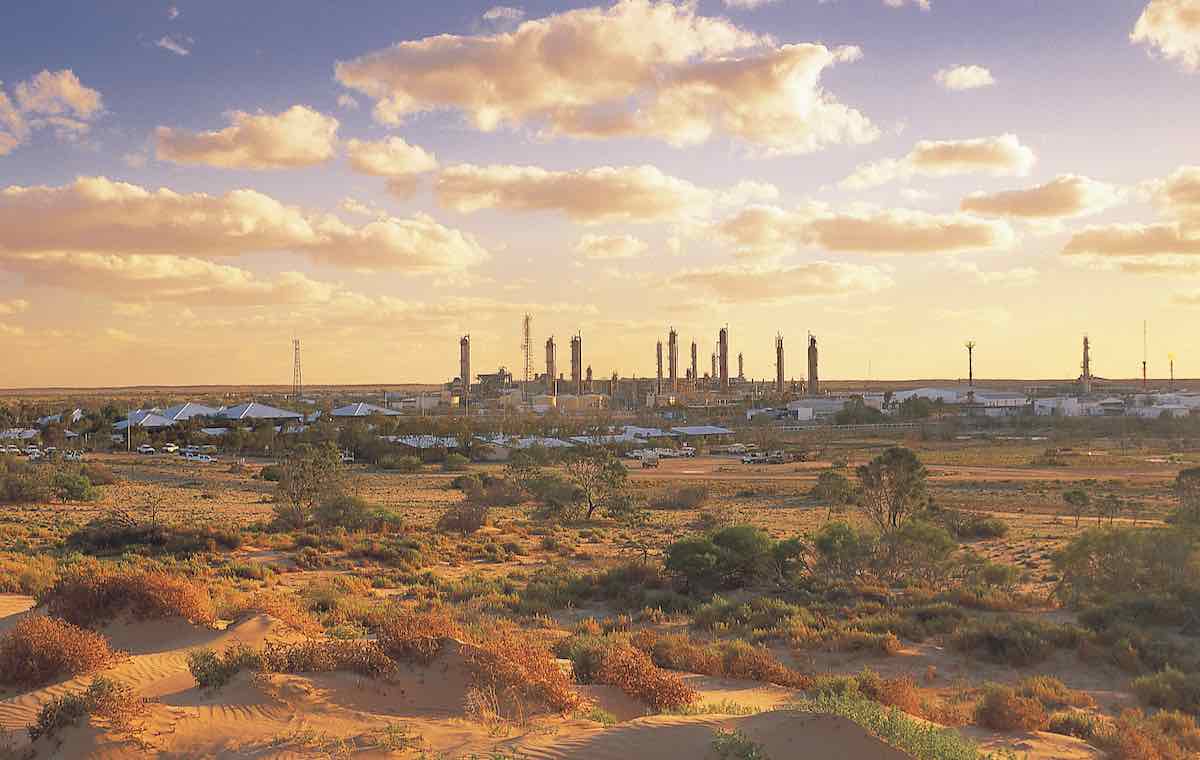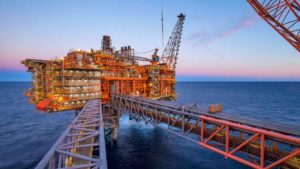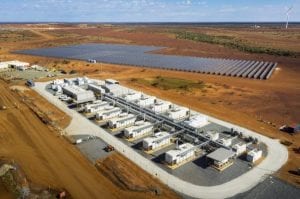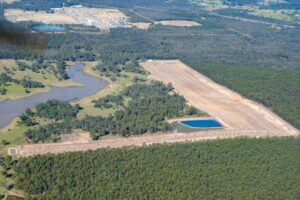A potential gas shortage that was used by the fossil industry as a pretext to drill for more fossil fuels has been declared over, just as the federal government has agreed to consider new measurements that could confirm how polluting and damaging to the climate fossil gas has become.
The Australian Energy Market Operator says that higher renewables production and warmer weather has allayed concerns about a fall in fossil gas inventories, which had sparked the warning in late June.
That warning was prompted by a fall in gas production caused by another outage at Victoria’s main gas processing plant, and an increase in gas generation in response to cold weather and seasonal falls in wind production.
It prompted the usual headlines from fossil fuel lobbyists and some so-called “consumer groups” and their mainstream media mouthpieces about an energy industry in crisis and calls for gas exploration to be expanded.
But AEMO has now rescinded the warning, more than a month early (it was to be in place until the end of September), although the chicken little headlines are now being pre-emptively rolled out for the market operators electricity statement of opportunities – its 10 year supply that is due to be released later this week.
But, as federal energy minister Chris Bowen has pointed out, these notices advise of potential risks, not actual shortages, and define steps to be taken to avoid them. His office notes that the system is working as it should.
Meanwhile, Bowen has announced that the chief scientist Cath Foley has been asked to ensure that reporting methods for methane released by the mining and production of fossil gas and coal is properly measured and transparent, following the release of a study by the Climate Change Authority.
“Methane is among the world’s most powerful greenhouse gases,” Bowen said in a statement.
“It is essential that our measurement approaches continue to improve, based on sound science and expert analysis, as technologies provide additional opportunities for increased accuracy and integrity consistent with Paris Agreement emission reporting rules.”
The investigation into methane is important for both the coal and gas industries. It is generally accepted that coal has had its day and that the last coal generators will be closed within the next decade, but there is a major push for gas generation to be expanded. And Australia remains one of the biggest exporters of both fossil fuels.
The reality is that gas power generation volumes were at the lowest level in the 2023-24 fiscal year in eastern Australia since this data set started in 2008-09 . Analyst Kevin Morrison says gas for power generation is now 65% below the volumes it had 10 years ago.
“Given the dominant narrative of gas shortages and gas demand for power generation to rise. More transparency on gas demand trends would ensure that there is not a allocation of funds into extractive gas infrastructure that is not needed,” he wrote on LinkedIn.
IEEFA Australia has that methane emissions from Australia’s oil and gas industry are about 90 per cent underestimated, and about 80 per cent for coal mining.
“The minister’s announcement is a positive step towards addressing this issue, although a faster shift towards site-specific direct measurement methods would be preferable,” it said in a statement.
“Open-cut coalmines are a priority for improved measurement and policy. They are probably the source of most methane emissions underreporting due to the absence of actual measurement today, which means their emissions are likely to be more than three times as high as current reporting.
“Open-cut coalmines are also growing much faster than underground mines. However, methane abatement is rarely performed in those mines, with existing policies providing insufficient incentives for action.”
Environmentalists say that methane is a major contributor to the climate crisis because it is a short lived greenhouse gas that is more than 80 times more damaging to the atmosphere than carbon dioxide, but in Australia the reporting of its emissions is broken.
“It is essential methane is accurately reported, so government can set measures to effectively cut methane pollution,” the ACF said in a statement.
The Climate Council agreed” “The new committee needs to do this work quickly so that we can get on with the essential next step of making fossil fuel companies cut the methane that is pouring out of their coal and gas mines and processing facilities, and threatening our kids’ futures,” head of policy Jennifer Rayner said.










